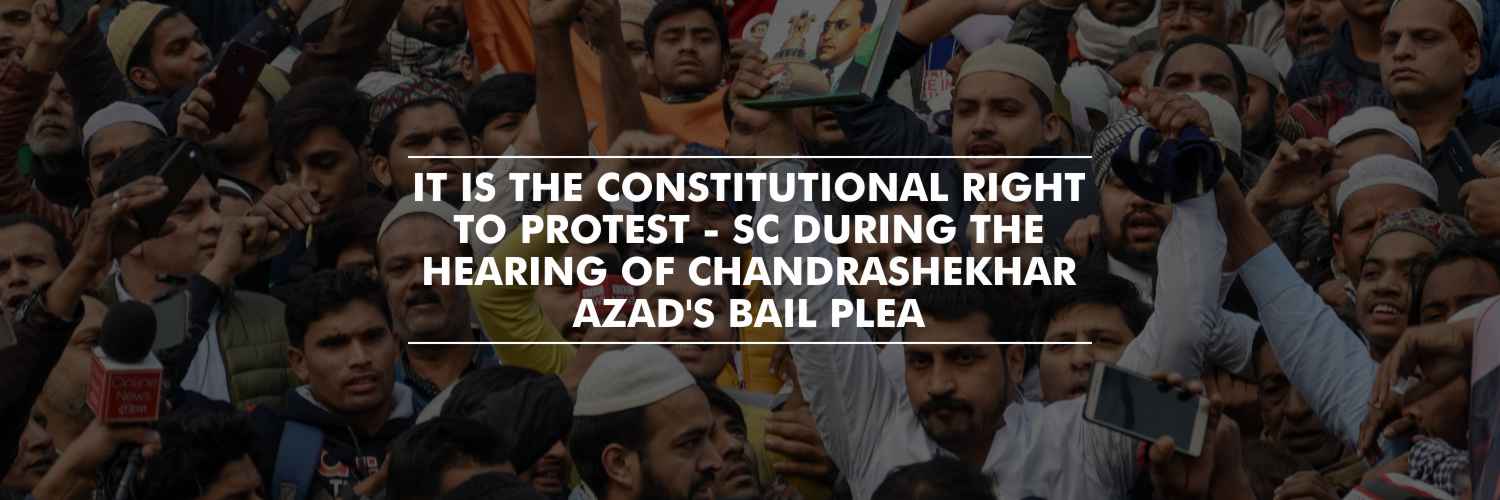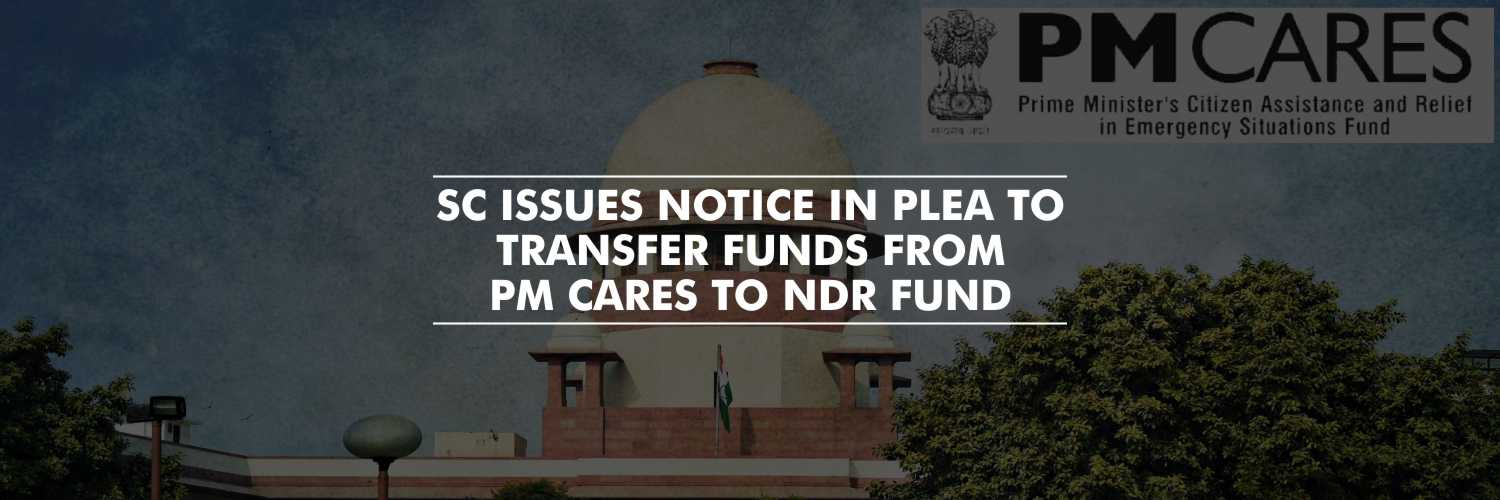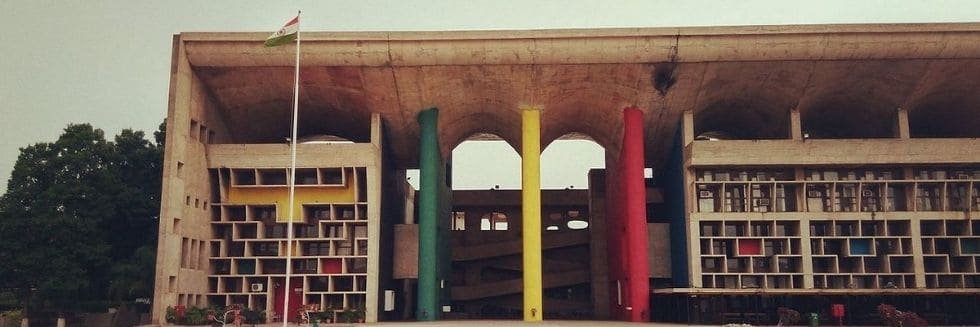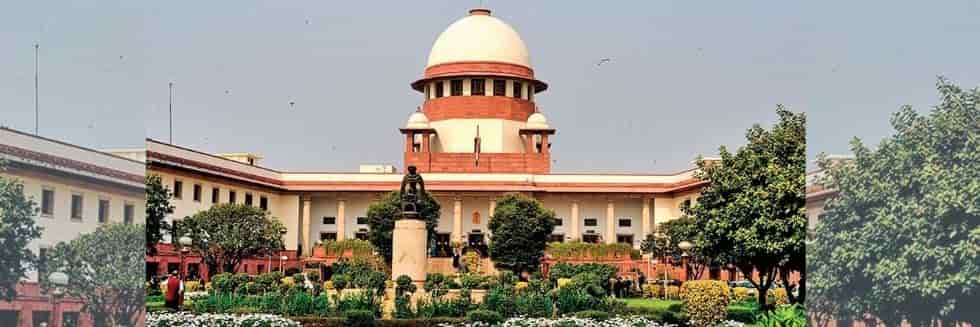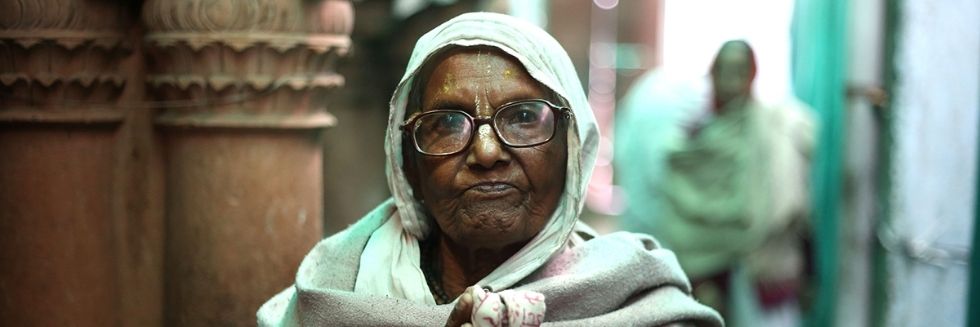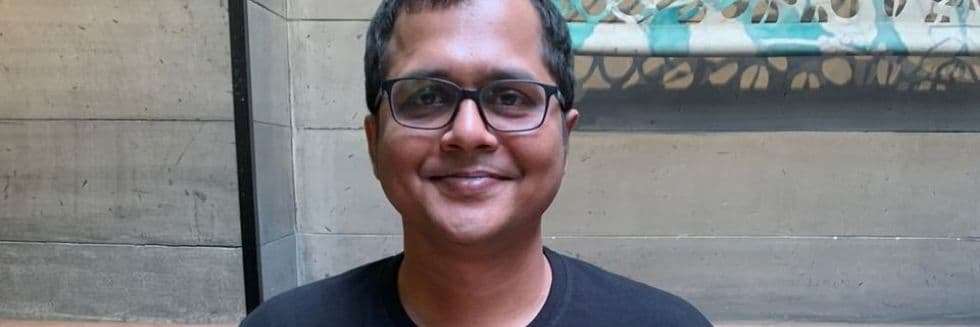On 14 January, the Delhi’s Tis Hazari court, Additional Sessions Judge Kamini Lau while hearing the bail plea of the Bhim Army Chief – Chandrashekhar Azad, stated that ‘it is the constitutional right to protest.’ She further questioned the police investigation into the case that led to Azad’s arrest.
“What is wrong with dharna? What is wrong with protesting? It is one’s constitutional right to protest,” Lau insisted Pankaj Bhatia, the Additional Public Prosecutor representing the Delhi Police. She further stated that the prosecutor is behaving as if Jama Masjid is Pakistan. “Even if it was in Pakistan, you can go there and protest. Pakistan was a part of undivided India,” she asserted.
Judge Lau further took a serious note stating that the Supreme Court has repeatedly said that the use of Section 144 of the Criminal Procedure Code is an “abuse,” when the prosecutor argued that prior permission for the protest was needed. She further questioned the ‘objectionable statements’ based on which the Delhi Police made the arrests.
‘Where is the illegality? Tell me about the law. What has investigation shown?’ the judge asked.
As per reports, Azad’s outfit had called for a protest march from Jama Masjid to Jantar Mantar against the amended Citizenship Act on 20 December, without police permission. Chandrashekar along with the other 15 people was arrested by police from Jama Masjid. However, the other 15 people arrested in the case were granted bail by the court on 9 January. Azad was booked under Sections 147 (punishment for rioting), 148 (rioting, armed with a deadly weapon), 149 (unlawful assembly), 186 (obstructing public servant in discharge of public), 120B (criminal conspiracy) and other relevant sections of the Indian Penal Code. Subsequently, on 21 December, a Delhi Court dismissed his bail plea and sent him to judicial custody till January 18.
The present bail plea, filed through advocates, OP Bharti and Jatin Bhatt, claimed that charging Azad with being a part of an unlawful assembly was ‘erroneous,’ as at no point in time during the alleged incident did the police authorities declare the peaceful protestors to be an unlawful assembly. The bail plea further claimed that Azad was falsely implicated as the allegations leveled against him in the FIR were not only ‘ill-founded,’ but also ‘improbable.’
During the hearing on Tuesday, the Additional Public Prosecutor referred to “thousands of social media posts” of the accused and argued that there was an attempt on part of Azad to incite violence. Subsequently, the judge asked the prosecutor to read out some of Azad’s posts which cited people to gather at Jama Masjid.
Judge Lau asked the prosecutor, ‘I want you to show me under which law is it prohibited for someone to prohibit outside religious places?’ She also raised questions on the investigation that is being followed during the arrest.
‘Do you think our Delhi Police is so backward that they have no recorded evidence? In small matters Delhi Police have recorded evidence why not in this incident,’ Lau further noted.
